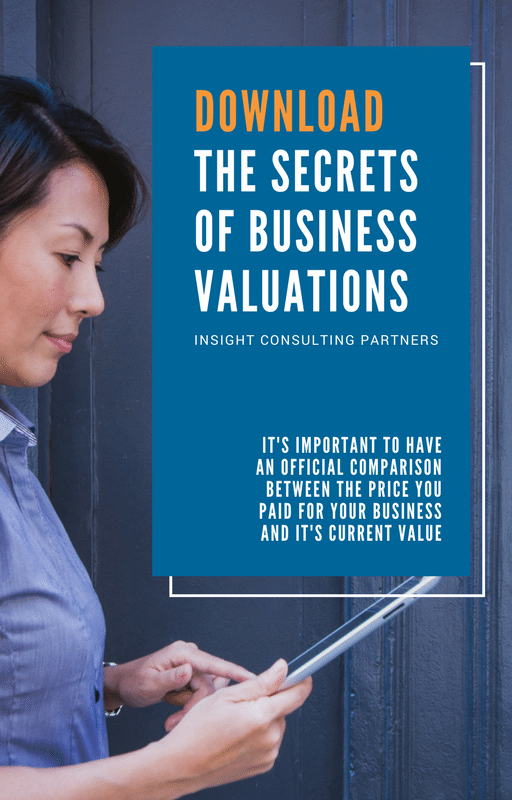When it comes to buying or selling a business, understanding its true business value is crucial. While profitability is certainly a key factor, there’s a hidden X-factor that can significantly impact a company’s worth. Let’s delve deeper into the five essential elements that determine a business’s true value:
1. Market Magic: Understanding Industry Trends
Just like real estate, a business’s value is heavily influenced by market conditions. A booming industry with high demand can significantly elevate a company’s asking price. Understanding the current market trends and your industry’s specific dynamics is crucial for setting a realistic valuation.
2. Crystal Ball in the Corner Office: Projecting Future Performance
A business isn’t just about its current state; it’s about its future potential. Buyers are looking for companies poised for growth. Therefore, a solid business plan with realistic projections for future performance can significantly enhance a company’s value proposition.
3. Cash is King: The Power of Cash Flow
Profitability is important, but it’s the consistent flow of cash that truly matters. A business with a steady stream of cash flow is seen as a more reliable investment, potentially commanding a higher valuation.
4. Building Blocks of Value: Assets and Infrastructure
A company’s tangible assets, such as machinery, equipment, and inventory, all contribute to its overall value. Intangible assets like brand reputation, intellectual property, and a skilled workforce also play a vital role. A comprehensive assessment of all assets provides a clearer picture of the business’s worth.
5. The Price of Entry: Recreating the Business
Imagine a potential buyer starting a similar business from scratch. The costs associated with establishing the business, acquiring equipment, building a customer base, and recruiting staff all factor into the valuation equation. If replicating your business would be a costly endeavor, its value naturally increases.
These five factors provide a solid foundation for determining a business’s value. However, the X-factor lies in the unique qualities that set your company apart from the competition. A strong brand reputation, a loyal customer base, a talented team, or a proprietary technology can all significantly elevate the business value proposition, attracting buyers willing to pay a premium. Remember it’s important to get reliable, accredited, professional help to determine your business value.
Unlocking Your Business Value
By understanding the key business value drivers and nurturing your company’s X-factor, you can position your business for a successful sale or ensure it continues to thrive if you choose to retain ownership. Remember, a business valuation is more than just a number; it’s a reflection of your company’s potential and a powerful tool for navigating the ever-changing business landscape.
Valuing the Early Stage
For businesses in the early stages of development, traditional valuation methods might not paint the whole picture. Here, a different set of factors comes into play:
-
Industry Demand: Operating in a hot industry with high investor interest can significantly boost your company’s valuation potential.
-
Market Size: The larger the market you cater to, the bigger the potential upside for investors, potentially leading to a higher valuation.
-
Stage of Development: The maturity of your idea naturally affects its business value. A company with a proven product and a growing customer base will command a higher valuation than a company based solely on an idea.
-
Traction: Demonstrating strong traction and rapid user growth is a positive indicator for investors, potentially leading to a higher valuation.
-
Talent Potential: A strong team with relevant experience and a proven track record inspires investor confidence and can significantly impact valuation.
-
Future Financing Needs: A well-defined plan for future funding rounds demonstrates financial foresight and avoids excessive dilution of ownership, positively impacting valuation.
-
Unit Economics: For early-stage businesses, profitability might not be immediate. However, demonstrating strong unit economics – the cost to acquire a customer versus the revenue they generate – is crucial for convincing investors of your future profitability potential.
-
Comparable Companies: Researching similar companies in your industry that have been acquired or gone public can provide valuable benchmarks for estimating your own potential valuation.
By understanding these additional factors specific to early-stage businesses, you can gain a more comprehensive perspective on your company’s true business value and approach investors with confidence. Remember, a strong understanding of your business’s worth empowers you to make informed decisions for its future success.
Read our other blog post: Top 10 Strategies to Boost Business Value

